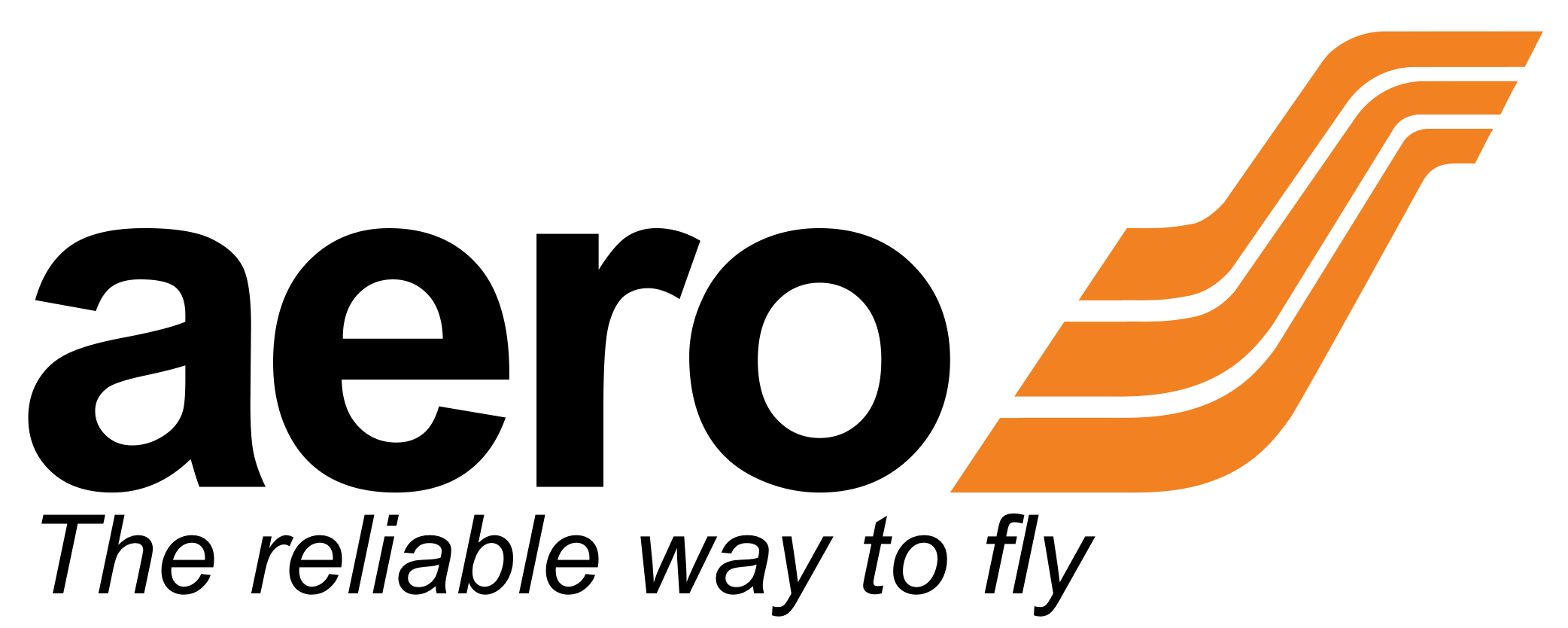The ongoing conflict between Nigerian airline operators and passengers shows no signs of abating as incidents of flight cancellations, delays, and lost valuables continue to spark heated confrontations. While airlines and terminal operators often label passengers as unruly, these disputes frequently stem from airlines failing to meet their obligations under the Nigeria Civil Aviation Authority (NCAA) regulations.
The NCAA Act, particularly Part 19, outlines the rights and responsibilities of both airlines and passengers, ensuring proper conduct in air transportation. However, recurring flight cancellations have led to increased passenger frustration, sometimes escalating into violent altercations at airports.
Rising Flight Cancellations and Passenger Unrest
The Acting Director-General of the NCAA, Chris Najomo, recently expressed concerns over the increasing frequency of flight disruptions. During an industry engagement with airline operators in December, he revealed that within just two months, Nigerian airlines had canceled 190 flights.
According to Najomo, in September 2024, airlines operated 5,291 flights, of which 2,434 were delayed and 79 were canceled. In October 2024, 5,513 flights were operated, with 2,791 delays and 111 cancellations.
He acknowledged receiving complaints from the presidency and the National Assembly regarding passenger misconduct at airports, often provoked by flight disruptions. Describing the situation as an embarrassment to the country, he assured that the NCAA would take decisive action to restore order at Nigerian airports.
Najomo urged airlines to fulfill their contractual obligations to passengers and announced plans to collaborate with the Federal Airports Authority of Nigeria (FAAN) to develop a comprehensive solution to the crisis.
Airport Operators Crack Down on Passenger Misconduct
In response to rising tensions, Bi-Courtney Aviation Services Limited, operators of the Murtala Muhammed Airport Terminal 2 (MMA2), issued a stern warning against passenger violence. The terminal management vowed to prosecute any individual engaging in unruly or destructive behavior.
While acknowledging that flight cancellations and delays are major sources of passenger frustration, Bi-Courtney urged travelers to direct complaints to the NCAA rather than resorting to destructive actions that damage airport infrastructure.
A statement from the terminal management emphasized the need for decorum and respect within airport premises, stressing that acts of aggression contravene expected standards of conduct.
Compliance with NCAA Regulations
Part 19 of the NCAA Act prescribes the minimum rights and responsibilities of passengers and airlines, addressing issues such as:
Overbooking and involuntary denial of boarding
Flight delays and cancellations
Passenger responsibilities, including timely check-ins
Despite these legal frameworks, both passengers and airlines frequently violate regulations. Airlines often fail to notify passengers of schedule changes or neglect their obligations in the event of cancellations, contributing to the chaos at airports. Meanwhile, some passengers fail to adhere to basic requirements, such as arriving at the airport on time, which exacerbates the situation.
Expert Opinions on Flight Disruptions
Industry stakeholders have attributed frequent flight disruptions to various factors, including inadequate airport infrastructure and inefficient regulatory enforcement.
Former Managing Director of Virgin Nigeria, Capt. Dapo Olumide, pointed to outdated airport facilities as a significant cause of delays. He criticized the lack of infrastructural improvements in Nigerian airports over the past three decades, citing inefficient fueling methods and limited passenger handling capacity as major bottlenecks.
Similarly, Group Capt. John Ojikutu (rtd.), CEO of Centurion Security Services, argued that delays and cancellations are often beyond airlines’ control. He highlighted deficiencies in passenger screening, baggage handling, and terminal facilities as contributing factors.
For instance, he noted that Lagos airports—despite having two domestic terminals, MMA2 and GAT—suffer from inadequate screening and boarding facilities. GAT, which handles a high volume of flights from major airlines like Air Peace and Arik, has only one screening point and a single boarding gate, leading to congestion and delays.
NCAA’s Intervention and Passenger Reactions
The NCAA’s regulatory efforts have significantly improved airline compliance and reduced passenger grievances. The Public Affairs and Consumer Protection Unit of the NCAA has tightened oversight, ensuring airlines adhere to aviation laws and passenger rights.
Frequent traveler Joseph Udoka noted that NCAA’s intervention has curbed airline misconduct, resulting in fewer disputes at airports. “Previously, airlines treated passengers with little regard, but now the fear of NCAA sanctions has forced them to improve their services,” he said.
Another passenger, Adedeji Olayemi, praised NCAA’s consumer protection strategies, stating that passengers now use the threat of regulatory complaints to hold airlines accountable. “Airline staff now take passenger concerns more seriously because they know the NCAA is watching,” he added.
NCAA’s Response and Future Plans
Responding to these developments, NCAA’s Director of Public Affairs and Consumer Protection, Michael Achimugu, acknowledged initial difficulties in enforcing compliance. He noted that many airline operators were previously accustomed to flouting regulations without consequences.
However, regular stakeholder engagements and increased sanctions have led to improved adherence to aviation laws. “For the first time in our department’s history, we are actively sanctioning airlines for consumer protection violations, which keeps them accountable,” Achimugu stated.
He emphasized the need for greater passenger awareness, noting that many travelers are unaware of their rights and obligations. “In 2025, we will intensify our passenger education campaigns to ensure travelers understand both their rights and responsibilities,” he added.
To enhance efficiency, the NCAA has also automated the complaint resolution process, making it easier for passengers to seek redress.
Achimugu urged all aviation stakeholders to familiarize themselves with Part 19 of the NCAA Regulations 2023 and ensure full compliance, reinforcing the NCAA’s commitment to fostering a safer, more reliable aviation industry in Nigeria.







